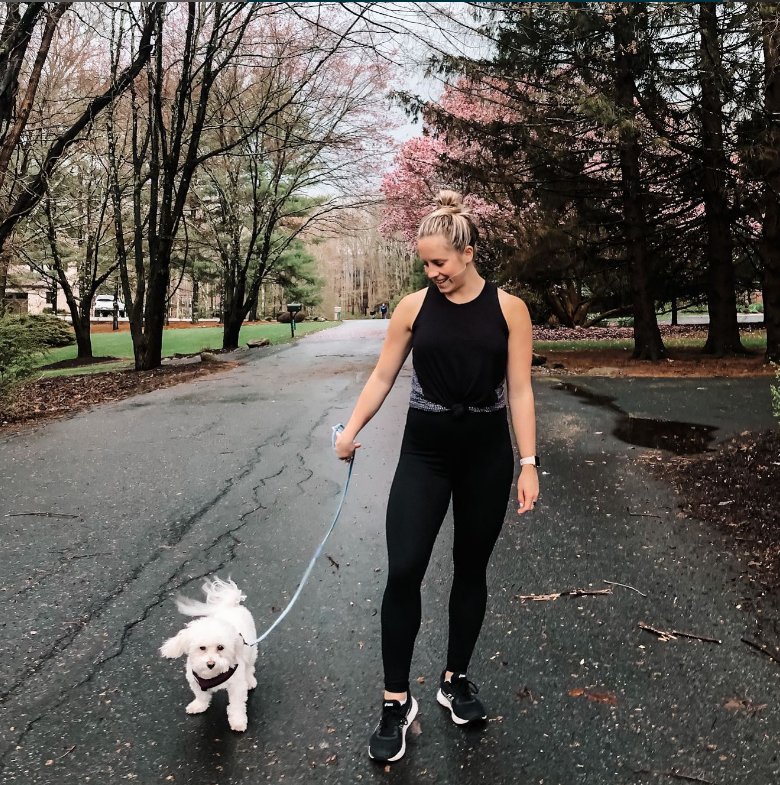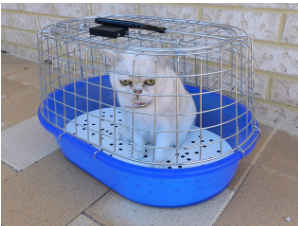Gas in Dogs: All You Need to Know
Gas is a normal part of life for both dogs and humans. It is caused by the fermentation of food in the digestive tract. However, excessive gas can be a sign of an underlying health problem.
What causes gas in dogs?
Many different things can cause gas in dogs, including:
- Diet: Dogs that eat a diet high in fiber or fat or contain foods that are difficult to digest (such as beans, peas, and dairy products) are more likely to experience gas.
- Eating too quickly: Dogs that eat too often rapidly swallow air, which can lead to gas.
- Food allergies: Dogs with food allergies may experience gas and other digestive problems, such as diarrhea and vomiting.
- Intestinal parasites: Intestinal parasites can also cause gas and other digestive problems, such as weight loss and diarrhea.
- Inflammatory bowel disease (IBD): IBD is a chronic inflammatory condition of the intestines that can cause various digestive problems, including gas, diarrhea, and vomiting.
- Pancreatitis: Pancreatitis is an inflammation of the pancreas that can cause digestive problems, including gas, vomiting, and diarrhea.
What are the signs of gas in dogs?
The most common signs of gas in dogs are:
- Farting: Excessive farting is the most apparent sign of gas in dogs.
- Abdominal distention: A dog’s abdomen may become distended or bloated if they have gas.
- Abdominal pain: Dogs with gas may experience abdominal pain. They may also appear restless or uncomfortable.
- Decreased appetite: Dogs with gas may lose or eat less than usual.
- Vomiting: In some cases, dogs with gas may also vomit.

How to prevent gas in dogs
There are a few things you can do to help prevent gas in dogs:
- Feed your dog a high-quality diet: A high-quality diet will be easier for your dog to digest and is less likely to cause gas.
- Avoid feeding your dog foods high in fiber or fat: These foods can be more difficult for your dog to digest and are more likely to cause gas.
- Feed your dog smaller meals more frequently: This will help reduce the amount of air your dog swallows while eating.
- Feed your dog in a quiet, relaxed environment: This will help to prevent your dog from eating too quickly.
- Ensure your dog is getting enough exercise: Exercise helps keep the digestive system healthy and moving.
How to treat gas in dogs
If your dog is experiencing gas, there are a few things you can do to help them:
- Change their diet: If you think your dog’s diet is causing their gas, try switching to a different food. Try adding probiotics to their diet. Probiotics are live bacteria that are good for the gut and can help to improve digestion.
- Give them over-the-counter gas relief medication: Several over-the-counter gas relief medications are available for dogs. These medications can help reduce the amount of gas your dog produces.
- Take them to the veterinarian: If your dog’s gas is severe or does not improve with home treatment, take them to the veterinarian. Your veterinarian can rule out any underlying health problems and recommend appropriate treatment.
When to see a veterinarian
You should take your dog to the veterinarian if they are experiencing any of the following signs:
- Excessive gas: If your dog is farting more than usual or their farts are particularly smelly, it may indicate an underlying health problem.
- Abdominal distention: If your dog’s abdomen becomes distended or bloated, it may be a sign of gas or another digestive problem.
- Abdominal pain: If your dog is experiencing abdominal pain, it may be a sign of gas or another digestive problem.
- Decreased appetite: If your dog loses or eats less than usual, it may be a sign of gas or another digestive problem.
- Vomiting: If your dog vomits, it may be a sign of gas or another digestive problem.
Conclusion
Gas in dogs is a common problem, but it can also indicate an underlying health problem. It is essential to be aware of the signs and symptoms of gas in dogs so that you can seek veterinary care if necessary.


